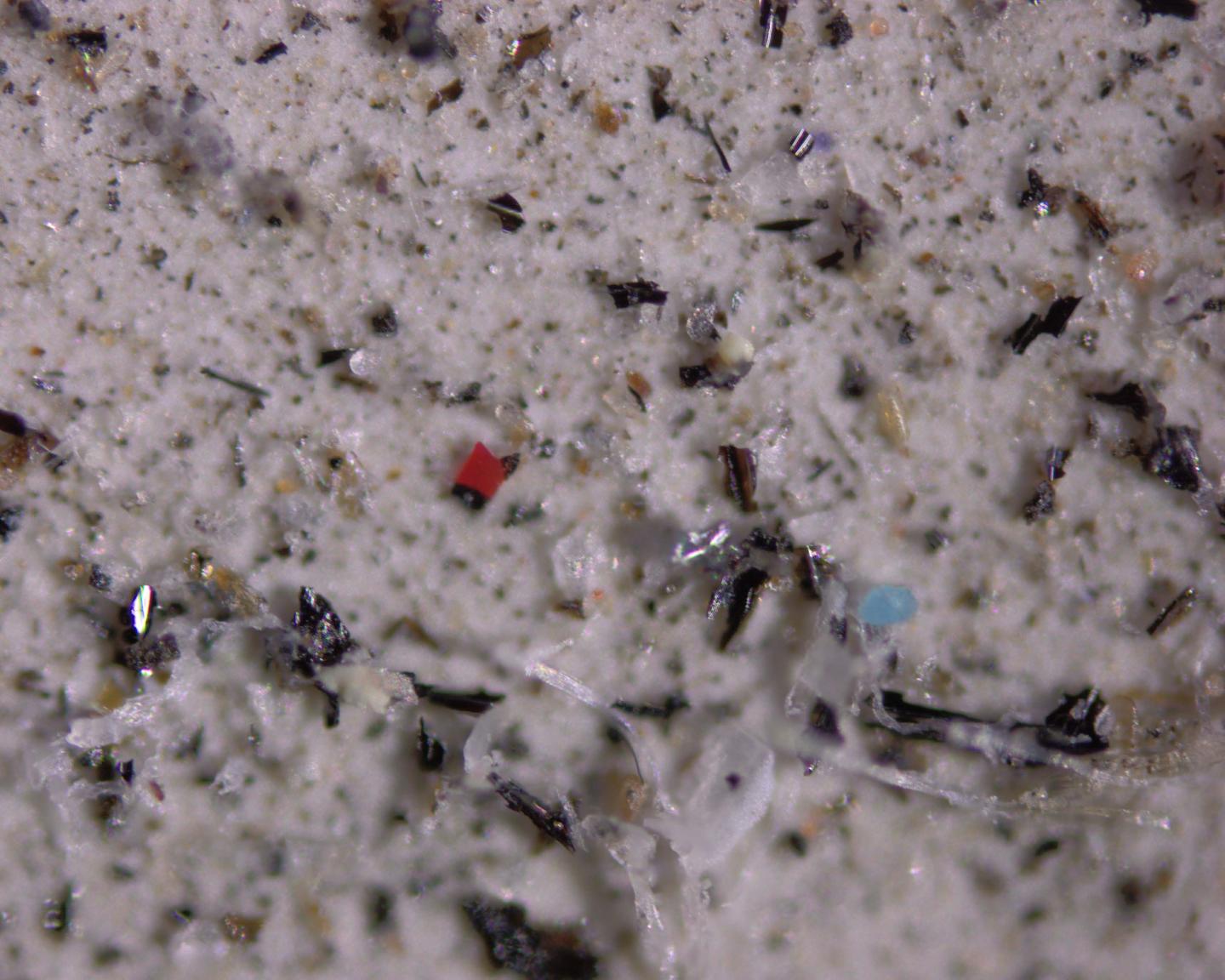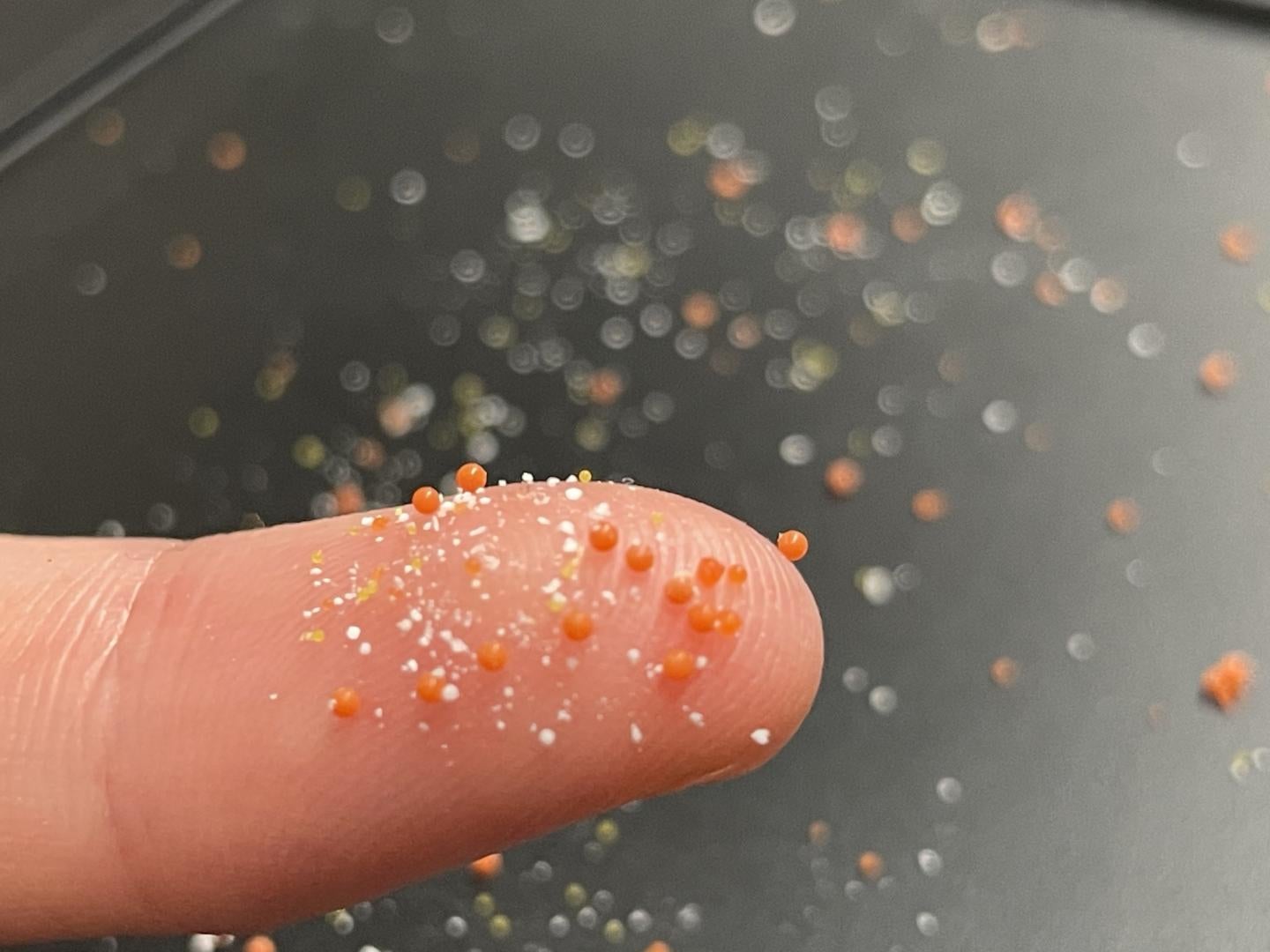Microplastic could enter brain just from breathing, scientists say
Protective blood-brain barrier was thought to keep potentially toxic particles out of organ
Your support helps us to tell the story
From reproductive rights to climate change to Big Tech, The Independent is on the ground when the story is developing. Whether it's investigating the financials of Elon Musk's pro-Trump PAC or producing our latest documentary, 'The A Word', which shines a light on the American women fighting for reproductive rights, we know how important it is to parse out the facts from the messaging.
At such a critical moment in US history, we need reporters on the ground. Your donation allows us to keep sending journalists to speak to both sides of the story.
The Independent is trusted by Americans across the entire political spectrum. And unlike many other quality news outlets, we choose not to lock Americans out of our reporting and analysis with paywalls. We believe quality journalism should be available to everyone, paid for by those who can afford it.
Your support makes all the difference.Microplastics have been detected in the smell centre of the human brain for the first time, suggesting the actual quantity of these tiny particles deposited in the body might be much higher than was believed.
The study published on Monday in the journal JAMA Network Open revealed that eight out of 15 autopsied adults in Germany and Brazil had microplastic inside the brain’s olfactory bulb.
Researchers from the University of Sao Paulo in Brazil said the tiny plastic particles, now ubiquitous in the air, were likely breathed in by the deceased individuals over their lifetimes.
While previous research found microplastic in human lungs, intestines, liver, blood, testicles and even semen, the protective blood-brain barrier was thought to keep the potentially toxic particles out of the brain.
Research over the years has highlighted the harmful effects of these toxic particles on the immune system and has linked them to some types of cancer, especially in younger people.
The new study revealed that there was “a potential pathway for the translocation of microplastic to the brain” via the olfactory bulb, raising concerns about their potential role in neurological disorders like dementia.
Scientists examined the brains of 15 deceased people – 12 males and three females – who had been residents of São Paulo for more than five years and found 16 synthetic polymer particles and fibres in the olfactory bulbs of eight of them.
The size of the particles ranged from 5.5 microns to 26.4 microns.

Small holes in a bone located at the base of the skull, known as the cribriform plate, likely served as a gateway for the plastic particles in the nasal passages to get into the brain, scientists said.
The olfactory bulb lies directly above this plate.
“Given the widespread presence of microplastics in the air, the identification of microplastics in the nose and now in the olfactory bulb, along with the vulnerable anatomical pathways, reinforces the notion the olfactory pathway is an important entry site for exogenous particles to the brain,” the study noted.

Researchers said even smaller plastic particles could be entering the body with greater ease than previously believed and might be implicated in neurological and psychiatric conditions such as dementia.
“Considering the potential neurotoxic effects caused by microplastics in the brain, and the widespread environmental contamination with plastics, our results should raise concern in the context of increasing prevalence of neurodegenerative diseases,” they said.
How exactly these particles could affect brain health, however, remains unclear.
Scientists said studies using MRI brain scans were needed to better understand the impact of microplastics on brain health.
The Independent will be revealing its Climate100 List in September and hosting an event in New York, which can be attended online.
Join our commenting forum
Join thought-provoking conversations, follow other Independent readers and see their replies
Comments